Recommended dietary supplements can be a valuable addition to your nutrition in today’s supplement-saturated world. These products supply essential nutrients that your body needs. For instance, vitamin D and calcium are crucial for maintaining strong and healthy bones, while omega-3 fatty acids from fish oils may support heart health, as noted by the National Institutes of Health.
However, with the overwhelming variety of supplements available, choosing the right ones for your specific needs—especially as you age—can be a daunting task. Fortunately, we’re here to help. We’ve consulted with experts who have shared their insights on the best supplements for women over 50. If you’re interested in optimizing your health, read on to discover these expert-recommended options tailored just for you. Plus, don’t miss our guide on 5 Exercises to Reduce Menopause Belly to support your wellness journey.
1) Magnesium
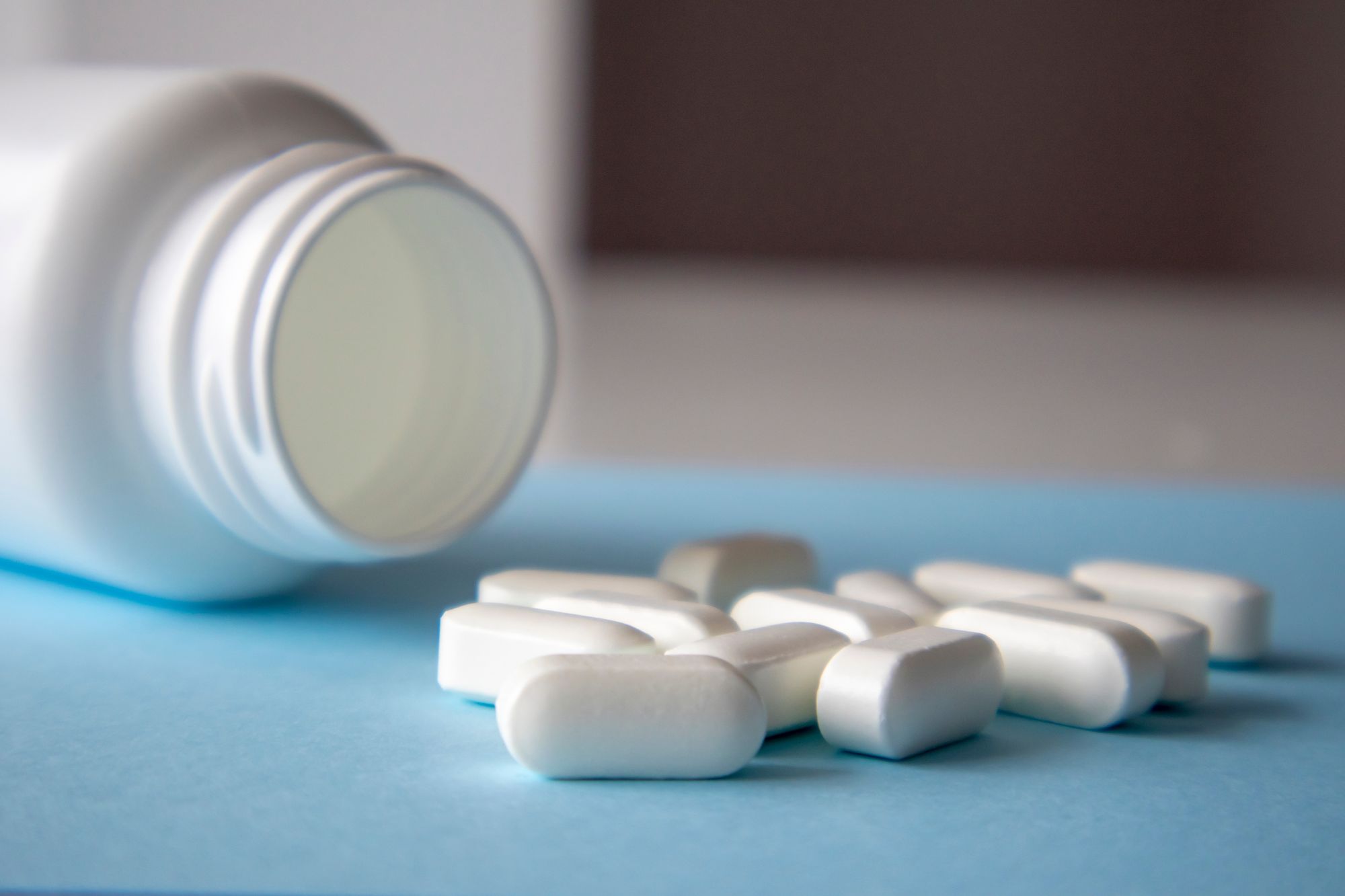
Let’s kick off our list of top supplements for women over 50 with the remarkable benefits of magnesium. Magnesium plays a crucial role in numerous bodily functions, including muscle and nerve function, energy production, and promoting restful sleep. “Fatigue and achieving restful sleep are two common challenges faced by many women over 50, making sufficient magnesium intake important,” explain The Nutrition Twins®, Tammy Lakatos Shames, RD, CDN, CFT, and Lyssie Lakatos, RD, CDN, CFT.
Research suggests that magnesium supplements can significantly improve sleep quality and reduce the risk of insomnia. “Magnesium activates the parasympathetic nervous system, promoting relaxation, and it also enhances GABA levels, aiding in relaxation and better sleep,” explain The Nutrition Twins. While magnesium is naturally found in foods like grains, green vegetables, nuts, and seeds, many people fail to get enough due to soil depletion. For those who struggle to unwind, The Twins often recommend magnesium glycinate, as it is gentler on the stomach. Learn more about the benefits of magnesium here.
2) Probiotics
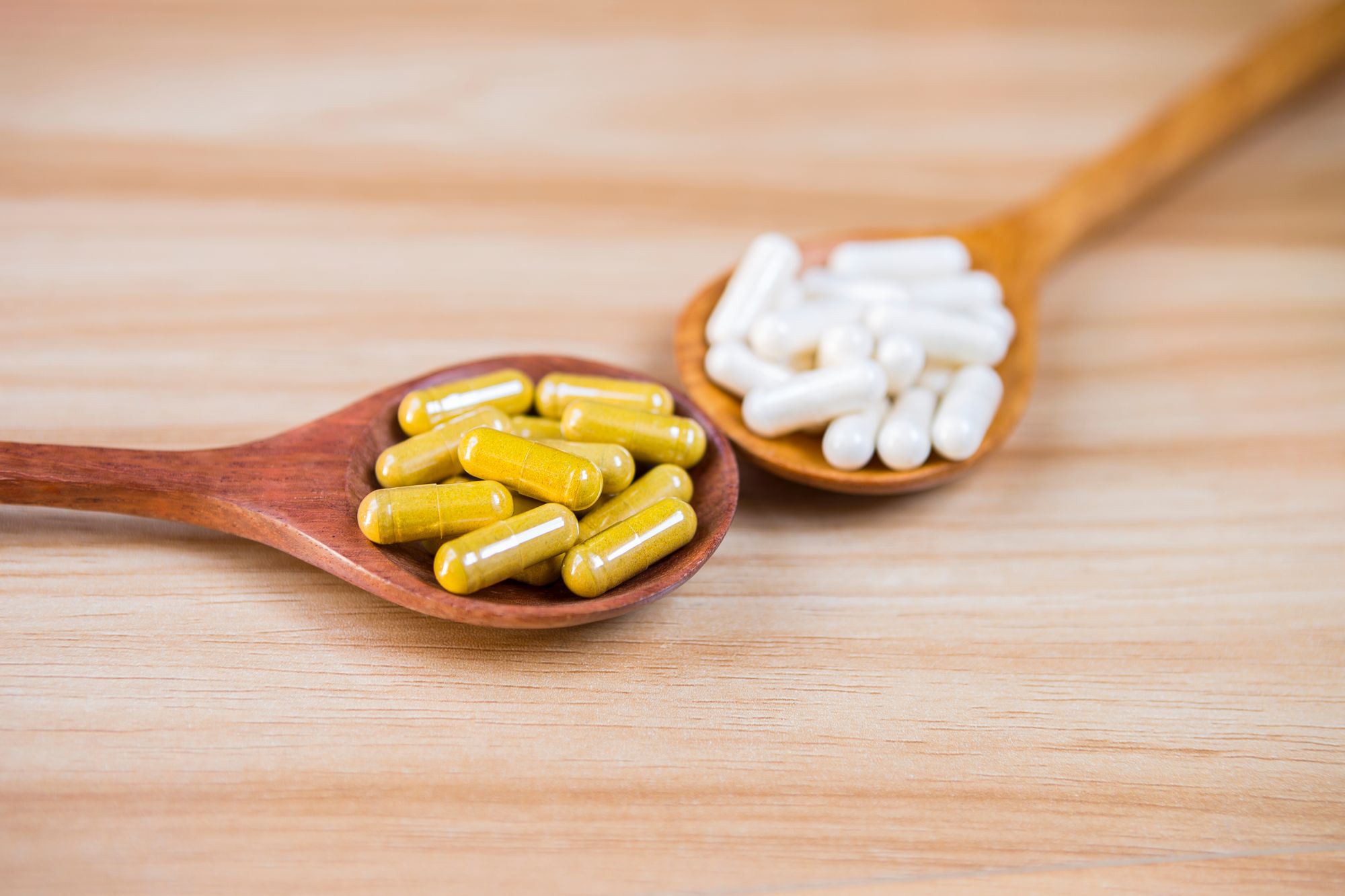
As you age, it becomes increasingly important to prioritize the well-being of your gut microbiome, as it profoundly impacts your overall health. Surprisingly, research reveals that the state of your gut microbiome can serve as a significant indicator of healthy aging.
“When it comes to women over 50, a high-quality probiotic can provide valuable support in managing the effects of menopause and perimenopause,” explain The Nutrition Twins. “During menopause, the decline in progesterone levels can negatively affect the digestive tract, leading to issues like bloating, gas, digestive discomfort, and even weight gain. Probiotics can help alleviate these problems, and certain strains can specifically target stress, bone strength, detoxification, and mental health—areas of utmost importance for individuals of all ages, especially after reaching the age of 50.”
3) Omega-3s
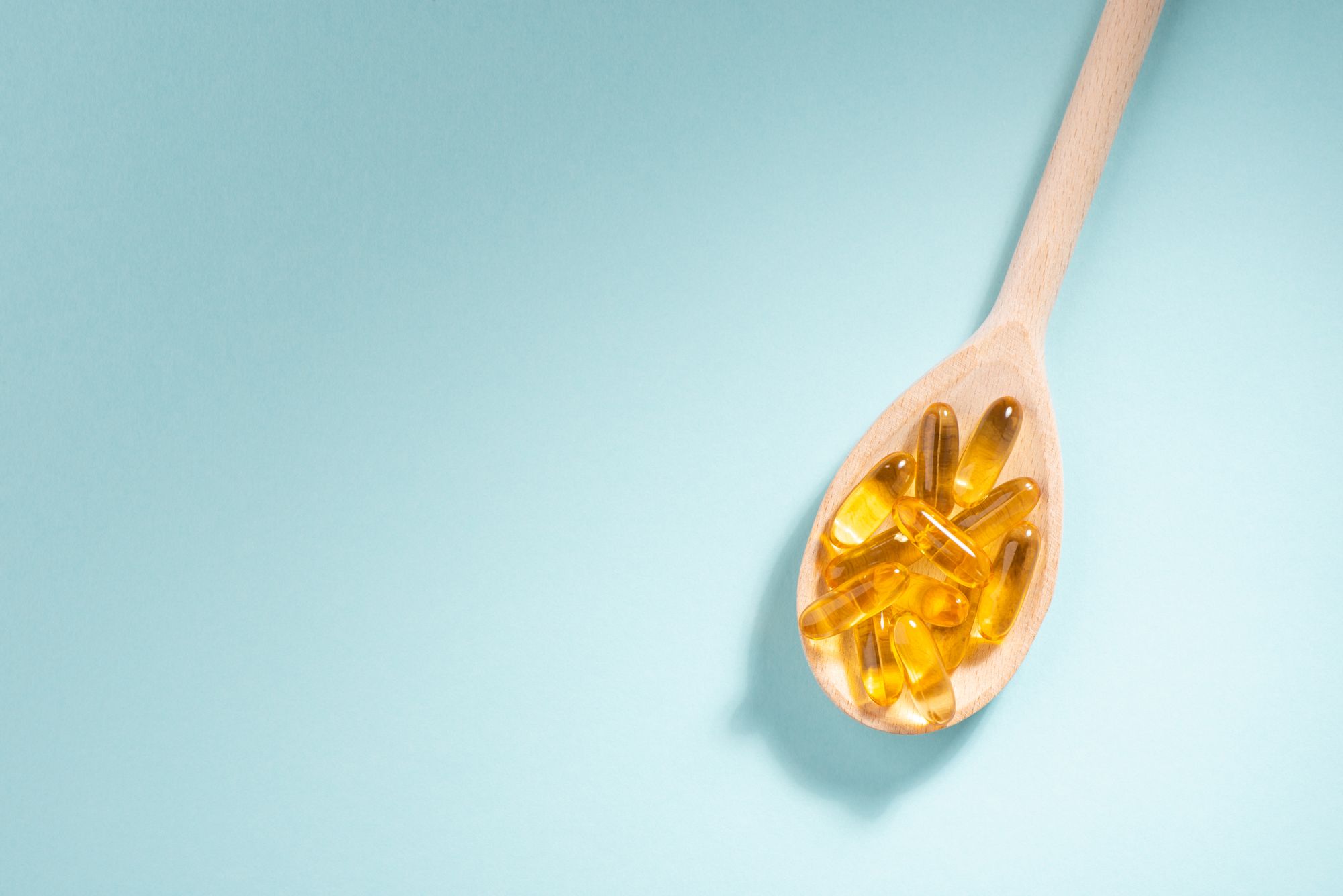
Enhancing blood flow and combatting chronic inflammation associated with conditions like diabetes, cancer, heart disease, and Alzheimer’s, omega-3 fatty acids are a valuable component found in fish oil, fatty fish, and certain eggs. “A high-quality omega-3 supplement primarily containing DHA and EPA is essential for maintaining heart, eye, and brain health. Sufficient omega-3 levels are particularly crucial for memory and cognition, which become increasingly important as we age,” explain The Nutrition Twins.
While fish oil supplements are generally safe for most individuals, it’s important to note that they may interact with anticoagulant medications. To ensure the suitability of incorporating a new supplement into your routine and to avoid any potential medication interactions, consulting with your healthcare provider is always a wise decision.
4) Calcium
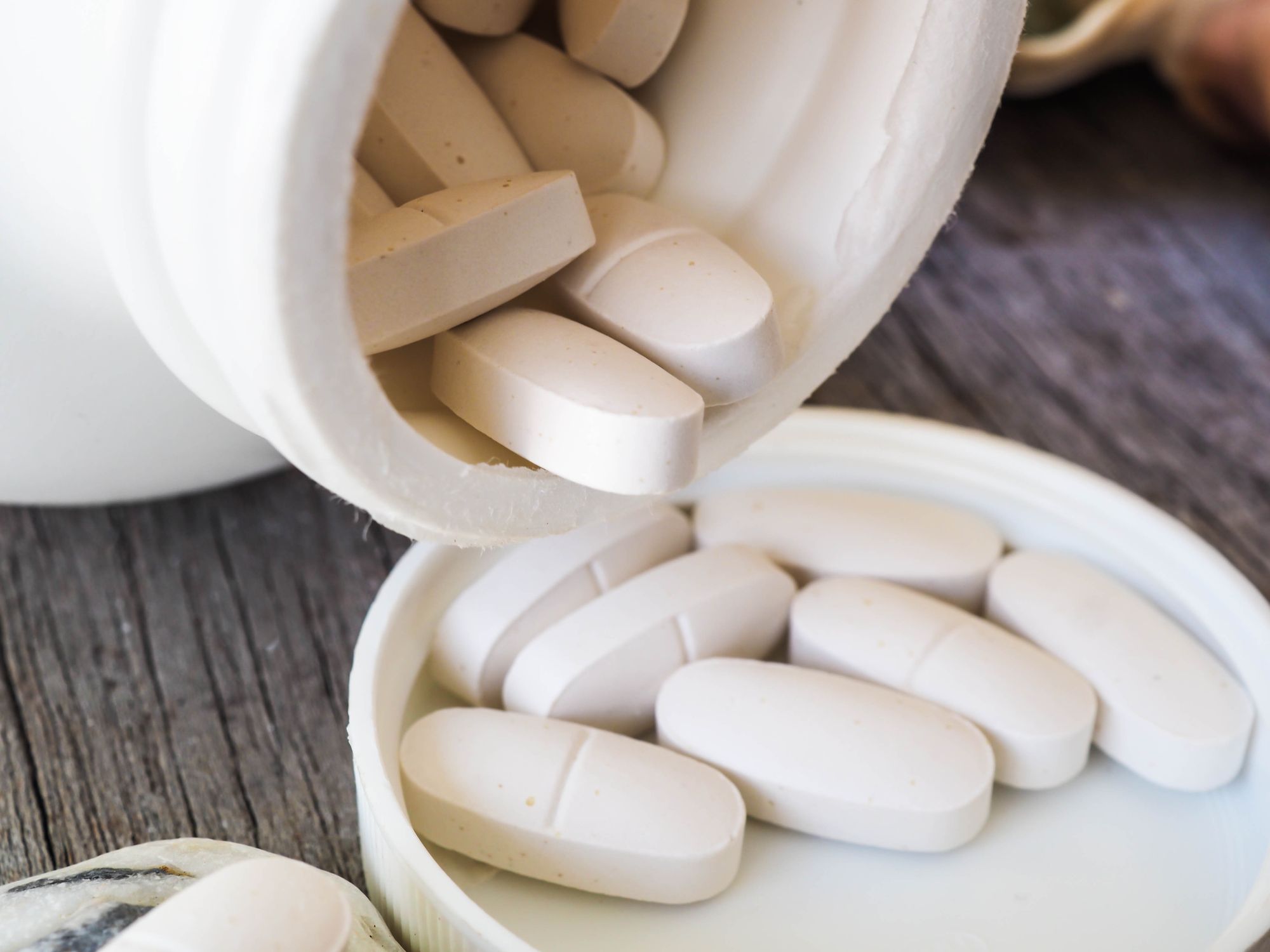
Amy Goodson, MS, RD, CSSD, LD, a board-certified specialist in sports dietetics, the author of The Sports Nutrition Playbook, and a member of our Medical Expert Board, sheds light on the advantages of calcium supplementation for individuals over the age of 50. Post-menopause, the rate at which your bones are broken down surpasses their rate of formation. This heightened risk of osteoporosis underscores the importance of meeting the recommended daily calcium intake.
“For women over 51, the recommended calcium intake increases to 1,200 mg/day,” explains Goodson. “Those who do not consume a minimum of three servings of low-fat dairy products per day may find value in supplementing with calcium citrate.”
5) Vitamin D
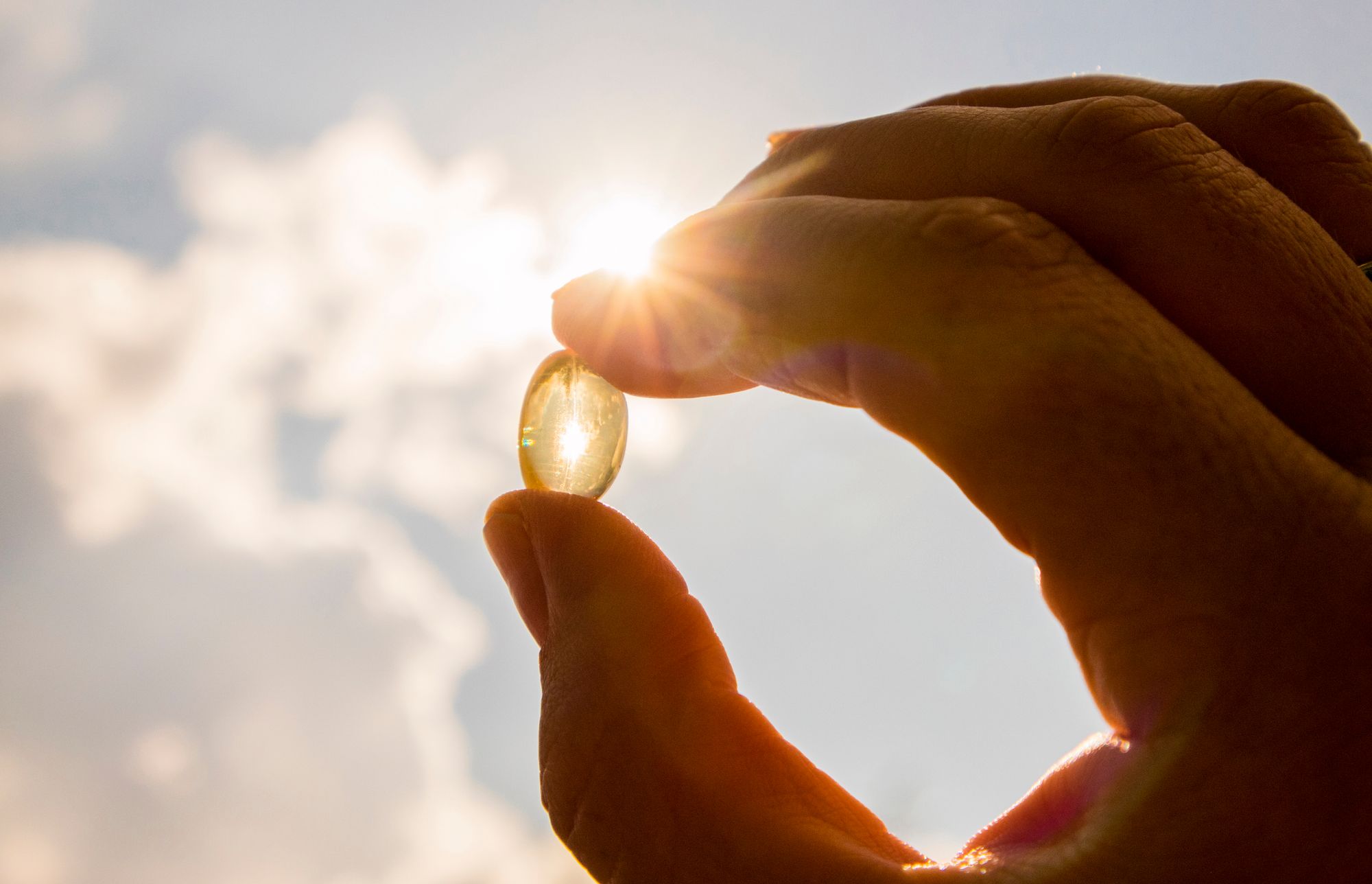
When it comes to fortifying your bone health, vitamin D emerges as a vital nutrient that happens to be among the top supplements for women over 50. Additionally, maintaining adequate vitamin D levels is linked to a reduced risk of chronic illnesses such as autoimmune diseases, heart disease, and cancer.
“The recommended daily intake of vitamin D for women over 50 falls within the range of 600-800 IU or 15 to 20 mcg. It is crucial to collaborate with your doctor or healthcare provider to assess your vitamin D levels through a blood test and prevent any deficiencies,” advises Goodson.
6) Collagen
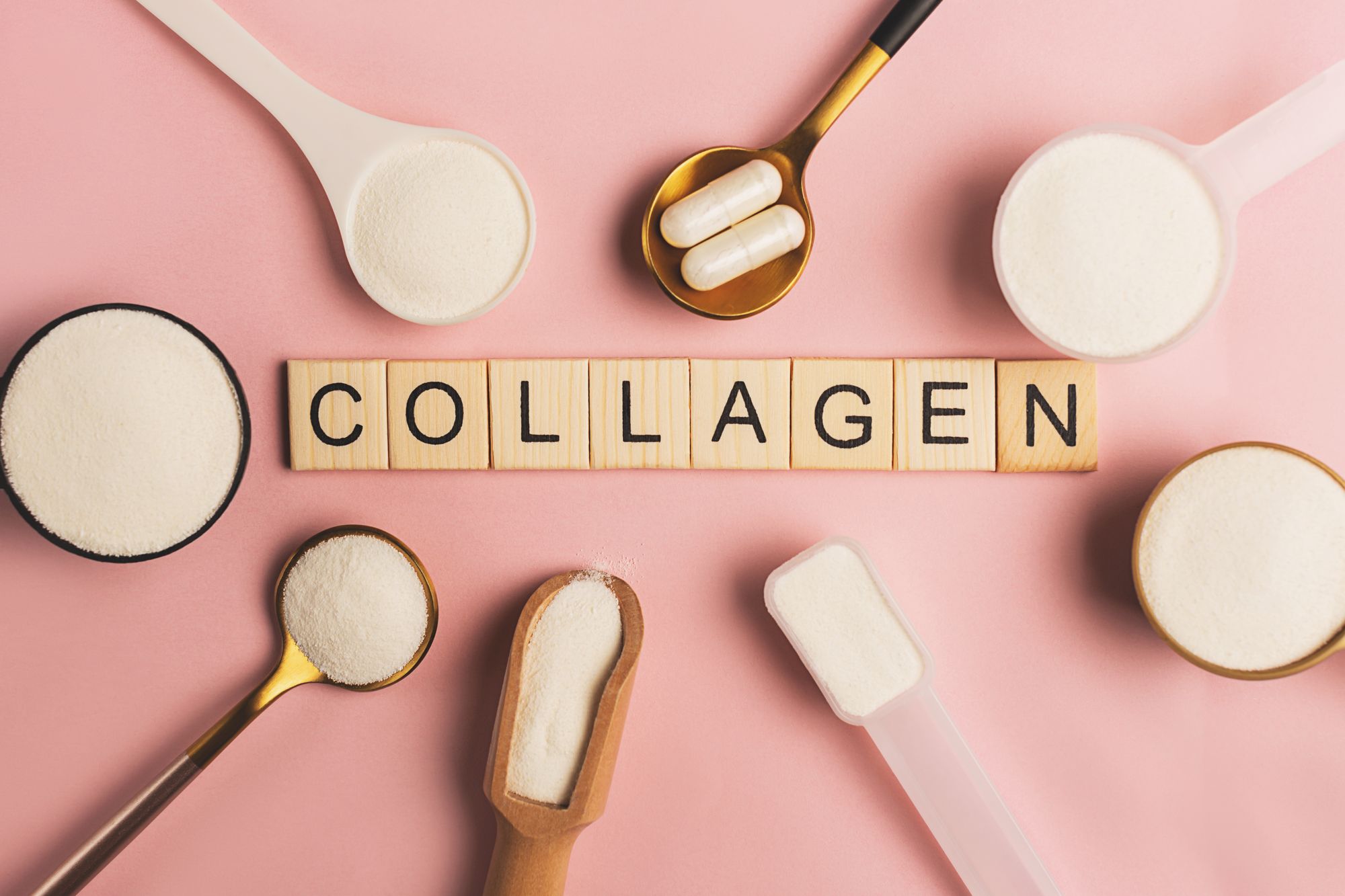
Moving on to another essential supplement for women over 50, we have collagen. Collagen plays a crucial role in maintaining the health of your joints, bones, and skin. Unfortunately, as you age, the production of collagen decreases, particularly after menopause. This can accelerate the aging process, leading to stiff joints, wrinkles, and reduced bone mineral density.
“Research indicates that daily supplementation with collagen peptides in postmenopausal women can enhance skin, bone, and joint health. Consuming collagen can actually stimulate your body to produce more collagen,” enlightens Goodson.
7) Protein Powder
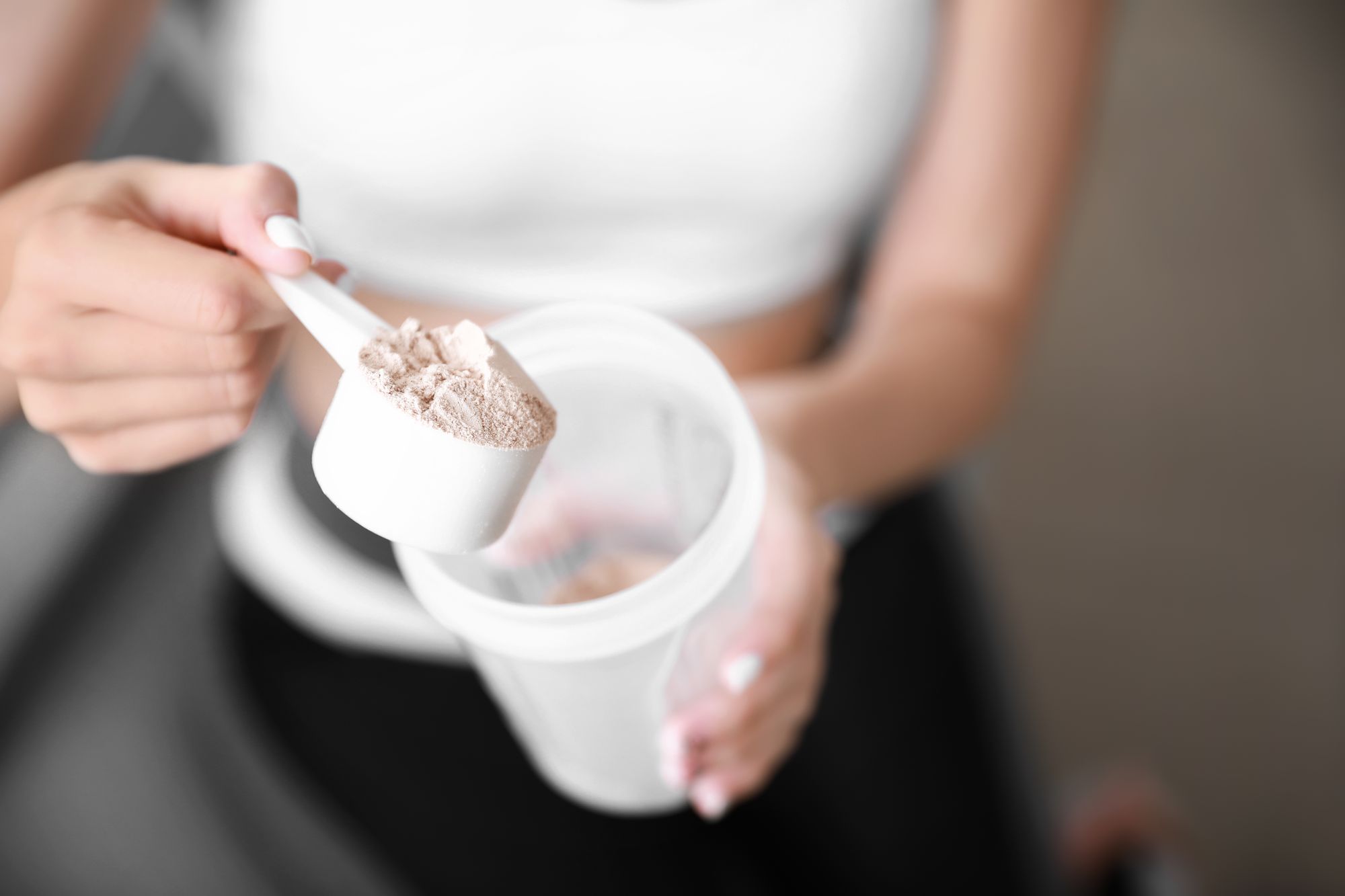
According to research, it is estimated that lean muscle mass can decrease by 3% to 8% per decade after the age of 30. The loss of lean muscle can result in reduced core stability, overall weakness, and an increased risk of falls. To counteract the natural decline in muscle mass, incorporating a protein-rich diet and regular strength training exercises is an incredibly effective approach.
“While it is advisable to obtain high-quality protein from animal sources such as beef, fish, pork, poultry, eggs, and dairy, some women over 50 may find value in supplementing their protein intake with protein powder,” suggests Goodson. “Protein powders can be beneficial in increasing protein content in foods that naturally lack significant amounts of it, such as fruit smoothies, oatmeal, and various baked goods.”

